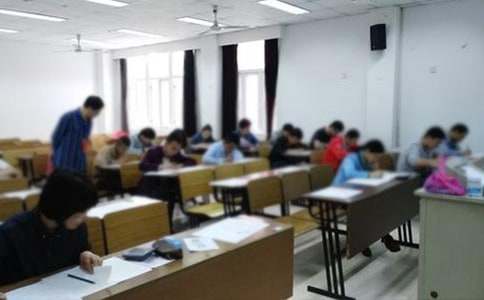職稱英語衛生類考試范文
Dr. Thomas Starzl, like all the pioneers of organ transplant, had tO live with failure.When he performed the worlds first liver transplant 25 years ago, the patient, a three-year-old boy, died on the operating table. The next four patients did not live long enough to get out of the hospital. But more determined, than discouraged, Starzl and his colleagues went back to their lab at the University of Colorado Medical School. They devisedtechniques to reduce the heavy bleeding during surgery, and they worked on better ways to prevent the recipient s immune system from rejecting the organ- an ever-present risk. Now, thanks to further refinements, about two thirds of all liver-transplant patients are living more than a year.

But the triumphs of the transplant surgeons have created another tragic problem: a severe shortage of donor organs. More and more people go on the waiting lists and there is wide disparitybetween supply and need, says one doctor. The American Council on Transplantation estimates that on any given day 15,000 Americans are waiting for or-gans. There is no shortage of actual organs; each year about 25,000 healthy people die un-expectedly in the United States, usually in accidents. The problem is that fewer than 20% become donors.
This trend persists despite laws designed to encourage organ recycling. Under the federal Anatomical Gift Act, a person can authorize the use of his organs after death by signing a statement. Legally, the next of kin can vetothese posthumousgifts, but surveys indicate that 70% to 80% of the public would not interfere with a family members decision. The bigger roadblock, according to some experts, is that physicians do not ask for donations, either because they fear offending grieving survivors or because they still regard some transplant procedures as experimental.
【職稱英語衛生類考試范文】相關文章:
職稱英語衛生類詞匯10-22
職稱英語衛生類詞匯積累10-22
職稱英語衛生類考試備考資料之動詞短語08-18
衛生類職稱英語概括大意考試試題匯總08-18
2017職稱英語衛生類閱讀理解10-18